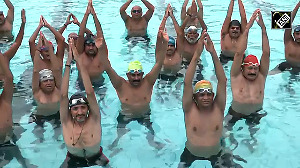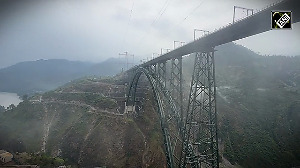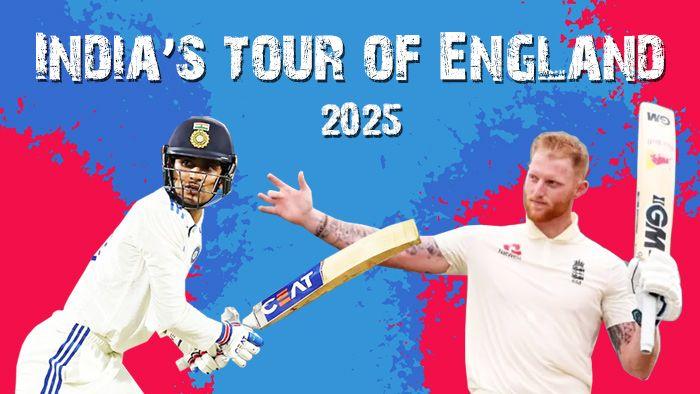ICC Chief Executive Malcolm Speed called on governments to introduce legislation to criminalise cheating in sport.
"Sport should call very loudly and with some urgency on all governments to introduce 'cheating in sport' legislation," said Speed, speaking at the SportAccord conference in Berlin on Tuesday.
"We have seen that, after effective input from our Anti-Corruption and Security Unit, the United Kingdom government has recently become one of the few legislators to criminalise cheating in sport. This should be seen as a major positive for London's 2012 Olympic Games bid.
"It would be great to see legislation of this sort in Germany for next year's football World Cup, in China in 2008 for the Olympics, and in all of the eight countries in the Caribbean in which the next ICC Cricket World Cup will be played.
"Historically sport has had to operate within confusing common law or statutory definitions of corruption that varied from country to country. The new UK legislation is sport-specific and provides a clear definition of cheating in sport. It is long overdue and should be welcomed by all sports.
"We were pleased to see that this legislation included a prison term as a penalty for sporting corruption, but disappointed that the maximum sentence was only two years. We think ten years is a more appropriate penalty. The ICC makes no apology for wanting to see any person who attacks cricket's integrity in this way behind bars.
"Other sports will face similar issues to those that cricket has faced with corruption through betting. In the last year we have seen football in Germany, horseracing in England and international tennis impacted by suggestions of corruption. Cricket's message to other sports is to be extremely careful in dealing with this potential attack on your sport's integrity.
"Where a player agrees to under-perform in return for payment from a bookmaker or gambler, his actions strike at the heart of the game. Unless a sport can guarantee that all of its participants are trying their hardest to advance the interests of their team, in every aspect of the event, the sporting public is entitled to distrust and disown the sport.
"It is only five years since corruption struck a powerful blow to the integrity of cricket. We have dealt with this internally through the introduction of our Anti-Corruption and Security Unit (ACSU) which is responsible for investigating allegations of corruption, overseeing stringent security measures at venues and educating current and future international players.
"This system has led Lord Condon, the ACSU Chairman, to state that corruption in cricket is under control. The ICC will, however, keep funding the ACSU to the same high level and continue to work closely with governments and police forces in legal and illegal betting markets to promote regulation and legislation.
"Other sports and governments owe it to their stakeholders to be mindful of cricket's experience."






